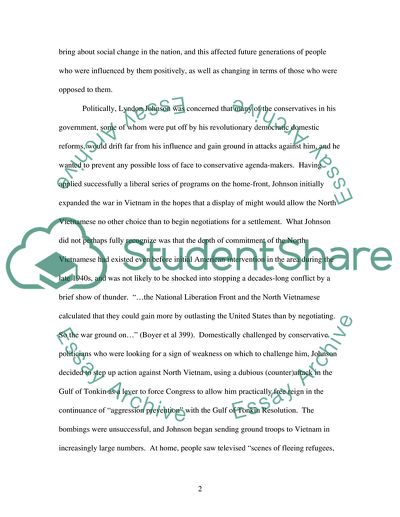Why did the United States intervene in Indochina between 1941 and 1975 Essay. Retrieved from https://studentshare.org/miscellaneous/1569107-why-did-the-united-states-intervene-in-indochina-between-1941-and-1975-what-was-the-cold-war-context-that-shaped-the-military-economic-and-political-environment-what-did-american-leaders-hope-to-achieve-and-were-they-successful-how-did-america
Why Did the United States Intervene in Indochina Between 1941 and 1975 Essay. https://studentshare.org/miscellaneous/1569107-why-did-the-united-states-intervene-in-indochina-between-1941-and-1975-what-was-the-cold-war-context-that-shaped-the-military-economic-and-political-environment-what-did-american-leaders-hope-to-achieve-and-were-they-successful-how-did-america.


